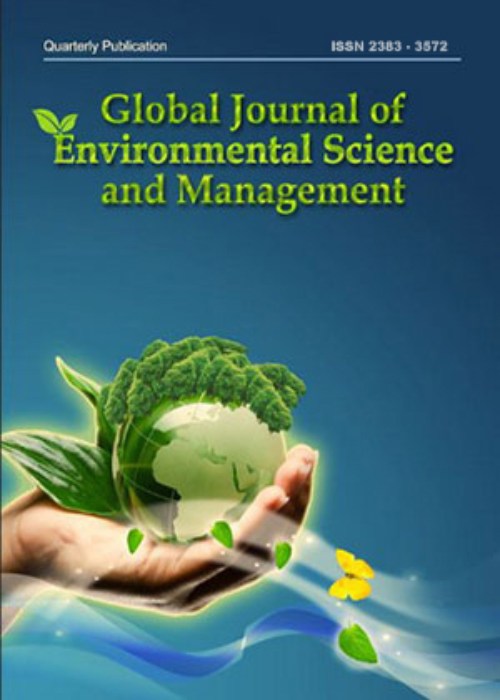Urban green space during the Coronavirus disease pandemic with regard to the socioeconomic characteristics
The spread of Coronavirus disease limited the activities of humans in the globe in 2020 with Jakarta reported to have also struggled with the virus. The pandemic stopped humans from visiting public amenities such as urban green spaces which are one of the key components of sustainable and livable cities and have the ability to reduce the negative impact on mental health. However, there are limited studies on the behaviors and perceptions of humans toward the usage of urban green spaces during the pandemic. Therefore, this study was conducted to determine the changes in the behaviors, perceptions, and visitation of residents towards the urban green space during the pandemic based on the socioeconomic aspects as well as the access and proximity to the parks and urban forests.
A questionnaire was distributed through an online survey on social media for approximately two months, from March to April 2021, and the last data recorded showed there were 1,660 respondents. The attention was on their perceptions and visitation to the urban green spaces spread across administrative cities in Jakarta, representing 42 districts and 239 sub-districts. Data obtained were analyzed empirically using the partial least square structural equation approach and SmartPLS 3.0 software to determine the relationship between the respondents’ characteristics and proximity to urban green space visitation.
The results showed that almost half of the respondents perceived changes in the urban green spaces and the majority believed the spaces were more useful during the pandemic. It was also discovered that the socioeconomic characteristics of the respondents including age, education level, occupational status, and average monthly income differed statistically significantly from the criteria associated with the visitation to urban green spaces during the pandemic. The findings indicated that education was substantially associated with the decision to exercise and engage in outdoor recreation in urban green spaces. Meanwhile, not all houses close to the parks and urban forests have a statistically significant impact on their usage and this is the explanation for the non-correlation and non-causation.
This study showed that the perception of urban green space by the people changed during the pandemic but its usage was reduced due to the closures and restriction policies implemented. It was also discovered that socioeconomic characteristics have a significant influence on visitation but not all accessibility factors were significantly affected and this is different from the findings of previous studies. Moreover, this study discussed and shared empirical evidence that depicts urban green space as a resilient urban infrastructure during the pandemic. This means it is necessary to promote sustainable urban planning through the development of urban green spaces to manage the medium and long-term crises.
- حق عضویت دریافتی صرف حمایت از نشریات عضو و نگهداری، تکمیل و توسعه مگیران میشود.
- پرداخت حق اشتراک و دانلود مقالات اجازه بازنشر آن در سایر رسانههای چاپی و دیجیتال را به کاربر نمیدهد.


